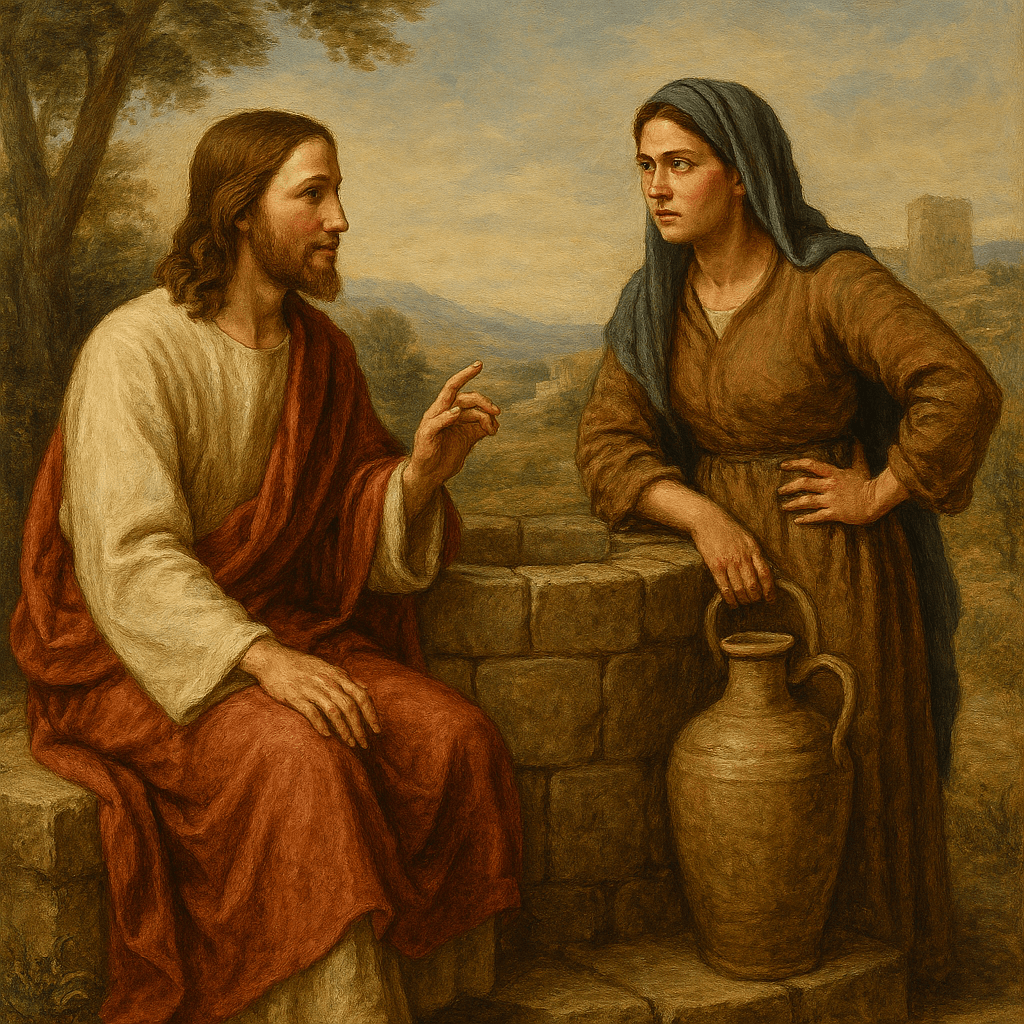It’s always too soon to give up on God. This encouraging message follows God’s promise of a king through troubles and exile. (Video length: 26 minutes (approximate.)
- Follow The Way Home on WordPress.com
-
Recent Posts
Archives
- March 2026
- February 2026
- January 2026
- December 2025
- November 2025
- October 2025
- September 2025
- August 2025
- July 2025
- June 2025
- May 2025
- April 2025
- March 2025
- February 2025
- January 2025
- December 2024
- November 2024
- October 2024
- September 2024
- August 2024
- July 2024
- June 2024
- May 2024
- April 2024
- March 2024
- February 2024
- January 2024
- December 2023
- November 2023
- October 2023
- September 2023
- August 2023
- July 2023
- June 2023
- May 2023
- April 2023
- March 2023
- February 2023
- January 2023
- December 2022
- November 2022
- October 2022
- September 2022
- August 2022
- July 2022
- June 2022
- May 2022
- April 2022
- March 2022
- February 2022
- January 2022
- December 2021
- November 2021
- October 2021
- September 2021
- August 2021
- July 2021
- June 2021
- May 2021
- April 2021
- March 2021
- February 2021
- January 2021
- December 2020
- November 2020
- October 2020
- September 2020
- August 2020
- July 2020
- June 2020
- May 2020
- April 2020
- March 2020
- February 2020
- January 2020
- December 2019
- November 2019
- October 2019
- September 2019
- August 2019
- July 2019
- June 2019
- May 2019
- April 2019
- March 2019
- February 2019
- January 2019
- December 2018
- November 2018
- October 2018
- September 2018
- August 2018
- July 2018
- June 2018
- May 2018
- April 2018
- March 2018
- February 2018
- January 2018
- December 2017
- November 2017
- October 2017
- September 2017
- August 2017
- July 2017
- June 2017
- May 2017
- April 2017
- March 2017
- February 2017
- January 2017
- December 2016
- November 2016
- October 2016
- September 2016
- August 2016
- July 2016
- June 2016
- May 2016
- April 2016
- March 2016
- February 2016
- January 2016
- December 2015
- November 2015
- October 2015
- September 2015
- August 2015
- July 2015
- June 2015
- May 2015
- April 2015
- March 2015
- February 2015
- January 2015
- December 2014
- November 2014
- October 2014
- September 2014
- August 2014
- July 2014
- June 2014
- May 2014
- April 2014
- March 2014
- February 2014
- January 2014
- December 2013
- November 2013
- October 2013
- September 2013
- August 2013
- July 2013
- June 2013
- May 2013
Categories
- Advent
- Bible
- Biblical Theology Class
- Books
- Broken Pieces
- Christianity
- Christmas
- Church
- Church Life
- Encouragement
- Faith
- Family
- Following Christ Today (Class)
- From the Pulpit
- Holy Week
- In the News
- Lifestyle
- Marriage and Family
- Mission
- Peace with God
- Prayer
- relationships
- Sermons
- Spiritual life
- Theology
- Truthfulness
- Uncategorized
- What the Bible Has to Say to American Culture
- Wide Angle
- Worldview and Culture
Meta
-
Follow Us
- Follow The Way Home on WordPress.com
Top Posts & Pages
- Here Comes the Bride: The Church as the Bride of Christ
- Seven Reasons to Commit to Christ (Col. 1:15-20)
- Powerful Prayers: The One Who Is Able (Ephesians 3:20-21)
- A Three-Point Sermon (in Nine Words)
- Deuteronomy and the Root of Bitterness
- How to Tell People That a Friend Has Died
- God on the Shelf (1 Thessalonians 4:1-8)
- From the Pulpit
- Decisions, Decisions (The Role of Choice in Spiritual Formation)
- Bible reading for rugged individualists
- Follow The Way Home on WordPress.com


Leave a comment